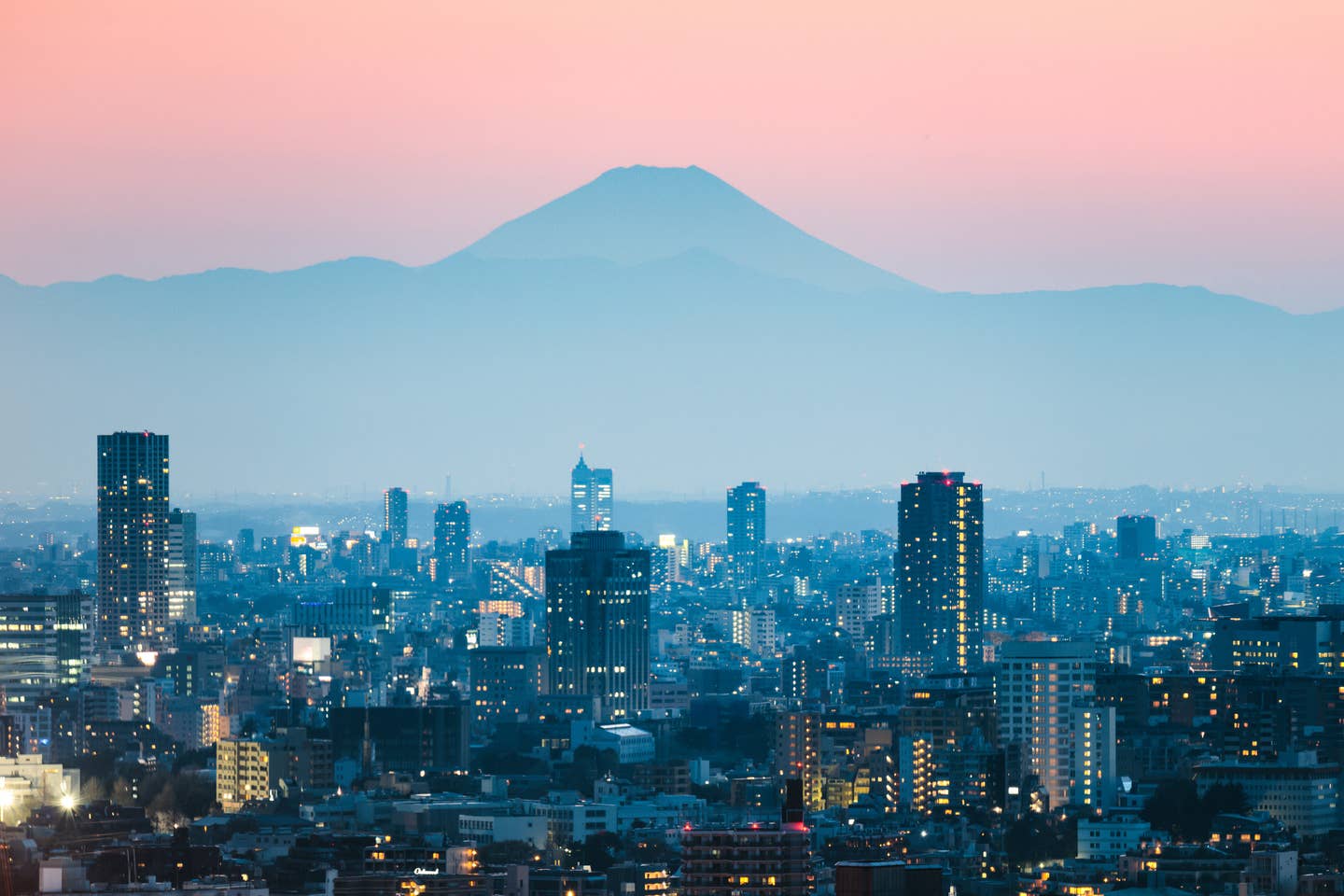
Japan Pledges to Be Carbon-Neutral by the Year 2050
Japanese Prime Minister Yoshihide Suga has pledged to transform the country carbon-neutral by the year 2050, following a similar promise from China a few weeks ago. The new prime minister is differentiating himself from his predecessor former PM Shinzō Abe who had passed previous legislation to reduce the country's carbon emissions by 80 percent. Yoshihide Suga laid out this new pledge during his first policy speech after Shinzō Abe's resignation this past September, saying, "I declare we will aim to realize a decarbonized society."
“Taking an aggressive approach to global warming will bring about a transformation in our industrial structure and economic system that will lead to big growth," said Mr. Suga. With this legislation, Japan joins China, South Korea, and more than 60 countries that are aiming towards achieving carbon neutrality in the next 30 years. Japan is currently ranked fifth in countries that are the world's largest carbon contributors.
While Mr. Suga did not lay out step-by-step plans to achieve this neutrality, he alluded that this transition will include investing in more forms of clean energy as well as safe nuclear energy, which executive director of Greenpeace Japan Sam Annesley said raised some concerns considering the Fukushima Daiichi Nuclear Power Plant incident in 2011 that occurred following damage from an earthquake and tsunami, saying, "In a truly safe and sustainable future, there is no room for nuclear power generation.”
Countries around the world applauded Mr. Suga's commitment and welcomed Japan into a growing list of nations that are aiming to achieve carbon neutrality by 2050. Earlier this month, on October 7th, the European Parliament passed legislation to become the first continent working towards carbon neutrality on the planet.
More From The Beet






